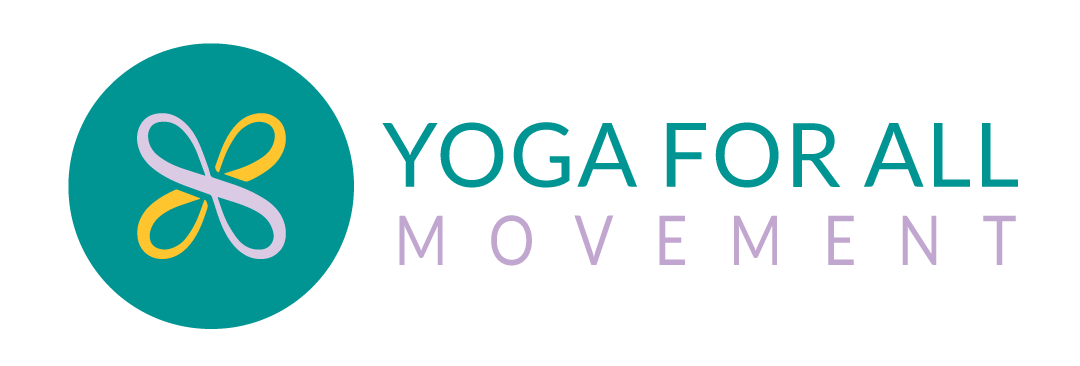We are moved to provide accessibility.
In 2016, we started this movement to make yoga a tool for EVERYONE. The birth of our purpose started by sharing yoga with incarcerated individuals, not only for the health of their bodies but to reduce the enormous impact of institutionalization.
Since then, we’ve expanded our outreach and vision, teaching yoga to individuals in recovery from substance abuse, youth in schools, youth experiencing incarceration, survivors of domestic violence, isolated seniors, people with mental health needs, people with lower-incomes and other community members who have historically not been served by the yoga industry.
We are moved to help foster accessibility, equity, and transformational justice. Our value system involves breaking down harmful colonial and white-supremacist systems that are perpetuated in many Western yoga spaces, by acknowledging difference, injustice, teaching through a trauma-sensitive lens, using inclusive language and postures, offering accessibly priced classes, and by honoring yoga’s lineage.
Land acknowledgement: “The land on which we gather and practice is the unceded territory of the Awaswas-speaking Uypi Tribe. The Amah Mutsun Tribal Band, comprised of the descendants of indigenous people taken to missions Santa Cruz and San Juan Bautista during Spanish colonization of the Central Coast, is today working hard to restore traditional stewardship practices on these lands and heal from historical trauma.” - This land acknowledgement was created (with one minor adjustment) by the Amah Mutsun Tribal Band in partnership with UCSC.
Honoring yoga’s roots: As we’re a yoga nonprofit dedicated to the decolonization of yoga, we are here to honor and uplift yoga’s roots. Yoga stems from the subcontinent of India and is an ancient practice that can be traced back thousands of years and was brought to the West by Swami Vivekananda in 1883. Contrary to popular Western thought, yoga is not just a physical practice. The physical postures of yoga (known as “asana”) are just one small part of the 8-limbed path of yoga. We encourage all who practice asana to educate themselves on the lineage and delve into the multifaceted practice, which has not just physical, but emotional and spiritual benefits that have the potential to change the way one sees the world. We do our best to implement a well-rounded yoga practice in our classes by including not just asana, but meditation, pranayama (breathing) and yogic philosophy as well.
We are inspired by the work of the Prison Yoga Project, Susanna Barkataki, Jacoby Ballard, Jessamyn Stanley, and SC Equity Collab (amongst others!)
